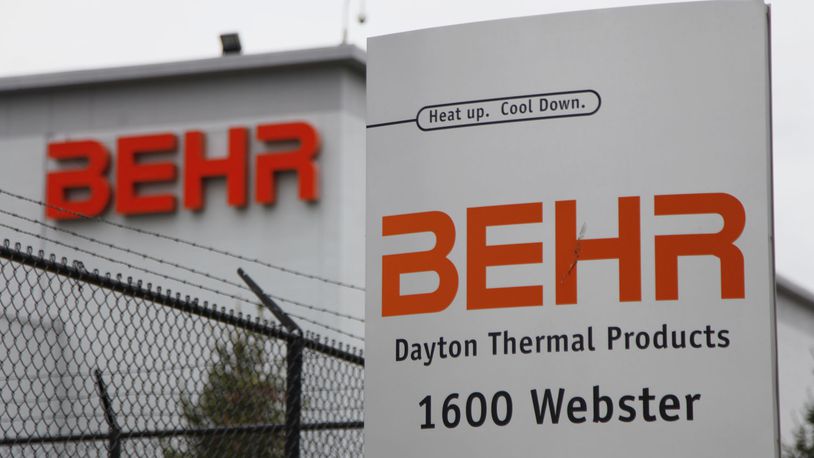RELATED: Despite 'Superfund' status, life goes on in Dayton neighborhood
Federal Judge Walter Rice ruled that certain issues in the lawsuit – among them, each defendant’s role in allegedly creating a toxic “plume” — are “suitable for class treatment.”
Once a jury answers certain key questions – such as the geographic areas of two plumes and whether defendants engaged in “abnormally dangerous activities for which they are strictly liable” – then the court will appoint a “special master” to resolve the extent of damages, among other questions.
“I think this is a huge step forward and a win for us,” said Dayton attorney Douglas Brannon, who has represented the plaintiffs for at least a decade.
Some liability issues will be established on a class-wide basis, and then a special master will be appointed to determine damages for individual plaintiffs, Brannon said. The master will answer to the court.
“To a large extent, the class issues are going to be the liability issues that will be determined for our clients, which is the bulk of a case like this that encompasses so many individual homes,” Brannon added.
Plaintiffs in or tied to Dayton’s McCook Field neighborhood charge that Chrysler, Aramark and Behr – which bought the Webster Street Chrysler plant in 2002 – released certain chemicals into the environment, contaminating groundwater.
Rice noted in his ruling that a plaintiffs’ expert determined that two plumes of contaminated groundwater are concentrated in an area south of the Aramark facility, which itself is south of the Behr plant at 1600 Webster St.
The U.S. Environmental Protection Agency declared the area a Superfund site in 2009.
“All told, approximately 530 properties are located in the affected areas,” Rice wrote in the March 20 ruling.
“It certainly doesn’t let the defendants off the hook,” Brannon said of the ruling. He added that he is ready to proceed to trial, which has not been scheduled.
“These people certainly deserve their day in court,” he added.
A telephone conference call in the case is set for Friday to discuss further procedures.
Messages seeking comment were left for four attorneys representing the defendants.
The case docket lists more than 35 plaintiffs and several “interested parties.”
Jerry Bowling III, president of the McCook Field Neighborhood Association, is not a plaintiff in the lawsuit. But if a class is a certified, he may be part of that class, he said Tuesday.
“I’m happy to hear that it’s proceeding,” he said of the lawsuit. “But ultimately the remediation is the primary thing for people’s health and the property values.”
